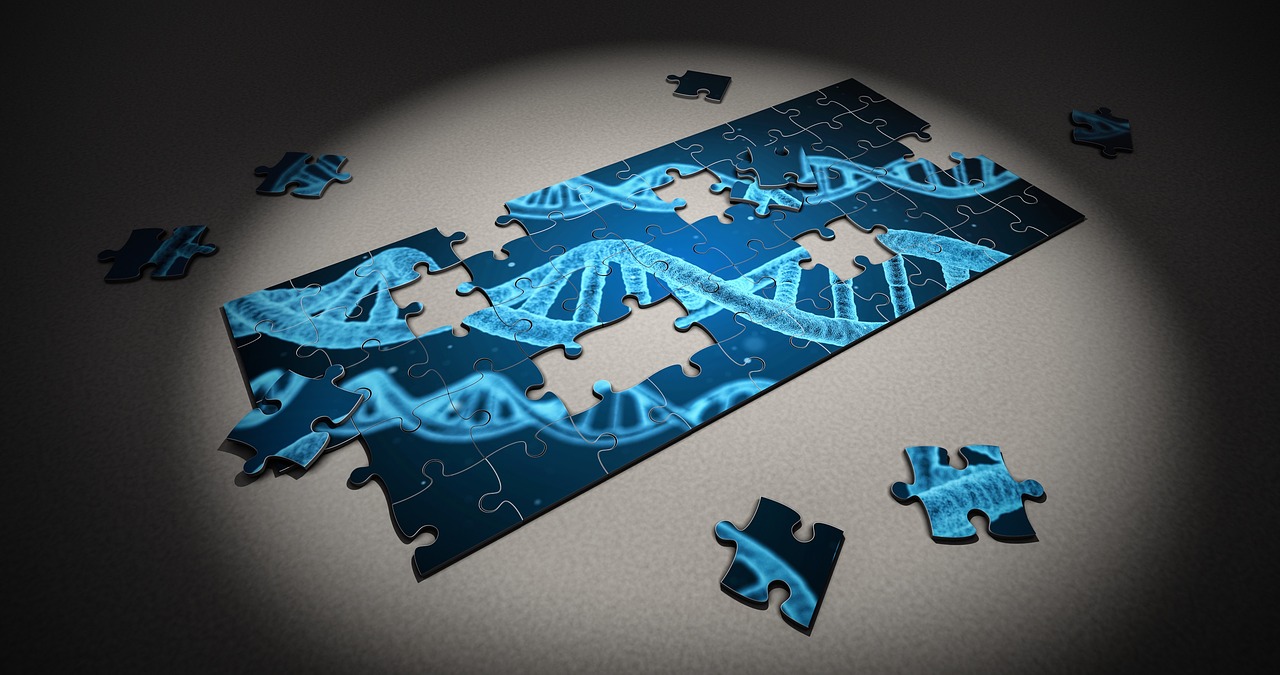
Is Liver Cancer Genetic?
Is liver cancer passed through genes?
Liver cancer is the third most common type of cancer in the world, so it makes sense that researchers are looking at genetic causes of the disease. While some cases of liver cancer are undoubtedly due to environmental factors, such as smoking, some research suggests that genetics may play a role, too.
A gene is like a person telling you their life story; you can read their genes to learn about their family history and understand their origins. You can also read their genes to learn about their future health. If their family history or health conditions are similar to their relatives or are likely to be inherited by their children, you’re more likely to find the gene. This can also help to predict whether the gene is likely to cause liver cancer in a person from their family’s history.
As we’ll explore below, there are a number of factors that could increase your risk of liver cancer, including genetics. It’s difficult to know how much of an impact any of these factors may have on your risk, but the more you learn about your risk, the better prepared you’ll be if you do develop liver cancer.
What is a Gene?
A gene is a section of DNA that contains instructions for making a protein. DNA, which is found in every cell, stores information in the form of genes. This information includes our genetic code, which tells the cell what proteins to make and how to make them. Genes, or DNA sequences, are passed from parents to offspring during reproduction, including both you and your children. These genes make up chromosomes, which are made up of DNA, and are found in nearly every cell in our bodies.
Chromosomes carry genes and help control many aspects of our lives, including how we develop and age. During reproduction, males and females each inherit one copy of each chromosome from their own mother and one copy of each from their father. This makes you an “individual pair.” If you have children, your genetic information will be passed to them in this way.
How Do Genes Influence Risk of Liver Cancer?
There are a number of factors that could increase someone’s risk of developing liver cancer, including genetics. Although there’s not a lot of information available on the topic yet, studies suggest that certain genes may play a role in the development of hepatocellular carcinoma, or HCC. It’s important to note that, while genes are one factor that could influence your risk of developing liver cancer, they aren’t by themselves enough to cause the disease. Scientists are still studying what causes liver cancer, but it’s possible that certain genetic mutations may occur in certain parts of the body that increase the risk of cancer. Among these could be the genes that you have.
How Common is it to Have a Gene that Causes Liver Cancer?
Although there’s currently no information on how often a gene that causes liver cancer will be found in people with the disease, it’s likely that it’s not very common. After all, even if a gene causes liver cancer in only a small percentage of people, the gene would still cause liver cancer in more than 1 in 100 people. The likelihood that you won’t have the gene may be lower than the likelihood that someone will find the gene in a single family member, such as a parent. Genes that cause rare diseases are typically studied in families who may have the disease in order to get a better sense of how often they occur. Even so, it’s likely that genes that cause liver cancer are extremely rare, if they occur at all.
How Can You Find Out if You Have a Gene that Causes Liver Cancer?
There are a few ways that you can find out if you have a gene that causes liver cancer. If your doctor suspects liver cancer could be a cause of your condition, he or she may order a blood test that looks for genetic markers for liver cancer. Genetic testing, on the other hand, looks for specific genetic mutations in order to determine if a person has the gene that causes liver cancer. Since each family may have a different mutation, genetic testing is a more accurate way to determine if you have the gene. If a blood test suggests that you have the gene, a genetic test may be able to give more clarity on what the mutation is.
Genetic Tests for Liver Cancer
There are a number of genetic tests that are being used to determine whether a person has a gene that causes liver cancer. If our doctors suspect you could have a gene that causes liver cancer, they may order one of these tests. The type of test you receive will depend on how the test is administered and which gene the test is looking for.
- Sequence analysis looks for variations in DNA. This test is most commonly used to determine if a person has a mutation in a gene called PKLR.
- Polymorphism analysis looks for genetic markers in certain parts of the genome. This type of test is most commonly used to determine if a person has a mutation in a gene called NTRK.
- Mutation analysis looks for specific genetic mutations in certain parts of the genome. This type of test is most commonly used to determine if a person has a mutation in a gene called TMPRSS2.
Tips for Living with a Genetic Risk of Liver Cancer
If you have a gene that could increase your risk of developing liver cancer, it’s important to understand the implications of this risk. Knowing the facts can help you to better prepare for the future if you do have the gene.
- Know your risk. It’s important to understand your risk of developing liver cancer, either due to your family history or your genetic makeup. Knowing the difference can help to better prepare for the future.
- Stay healthy. Even with a genetic risk of liver cancer, you can still make healthy choices that help to reduce your risk of developing other types of cancer. Every person is different, and while some risk factors are more common in certain groups, every person can make healthy choices to reduce their risk of developing cancer.
- Be mindful. Remember that you can’t change your genes, but you can change your lifestyle so that you’re healthier overall. Try to eat a balanced diet, get plenty of physical activity, and limit your consumption of alcohol and tobacco.
- Be open. If you’re feeling anxious or concerned about your risk of liver cancer, talk to your doctor or a mental health professional. There are resources available to help you cope with the anxiety associated with a genetic risk of liver cancer.
- Stay connected. Talk to your loved ones often, and have conversations that help to keep you connected to the people you care about. Creating a support network can help you to feel connected to others and provide support as you navigate this difficult topic.
- Calm down. It’s natural to feel anxious or worried when you have a genetic risk of liver cancer, but this doesn’t help to get you prepared for the future. Try to calm down and focus on what you can do now to prepare for your future.
- Stay positive. It’s important to remain optimistic and focused on the things that you can control, like eating a balanced diet and staying physically active. This can help to keep you positive as you navigate this difficult topic.
While liver cancer is the third most common type of cancer in the world, you’ve just read about some tips and insight into living with cancer, be it due to genetic predisposition or otherwise. For testing or questions regarding liver cancer, do not hesitate to contact us today.
Tag:liver cancer



